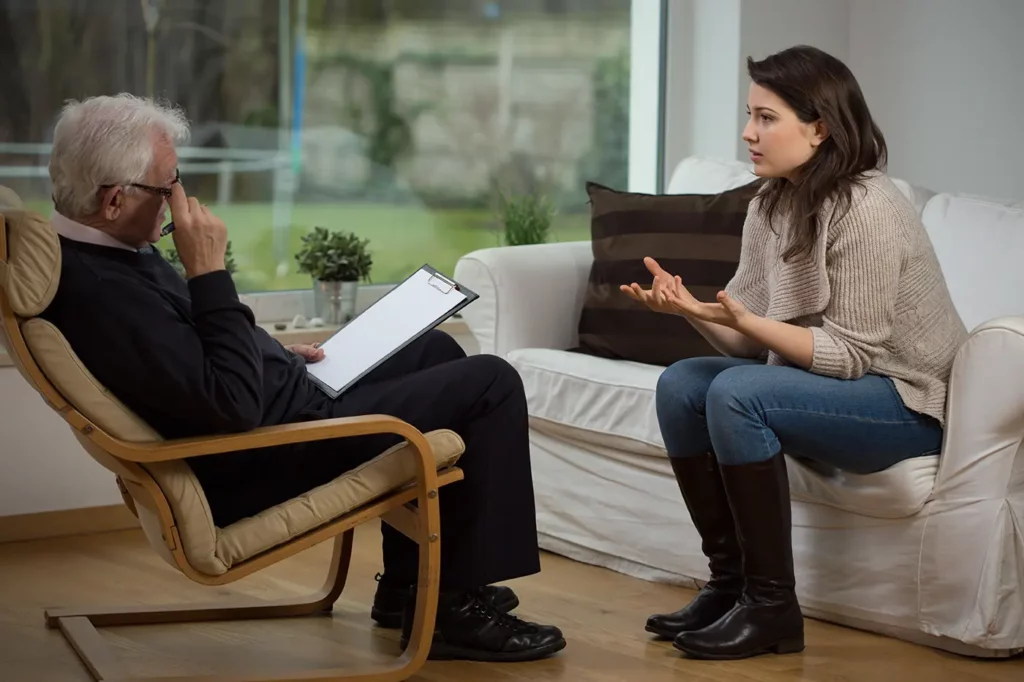24/7 Helpline:
(866) 899-221924/7 Helpline:
(866) 899-2219
Learn more about PTSD Rehab centers in Person County
Other Categories in Person County

Other Insurance Options

MHNNet Behavioral Health

Premera

BlueShield

Group Health Incorporated

Private insurance

WellCare Health Plans

MVP Healthcare

Holman Group

Molina Healthcare

ComPsych

Cigna

United Health Care

Coventry Health Care

Magellan

CareSource

Oxford

EmblemHealth

Anthem

Choice Care Network

Medical Mutual of Ohio

Freedom House Recovery Center
Freedom House Recovery Center - South Madison Boulevard offers outpatient treatment for individuals ...






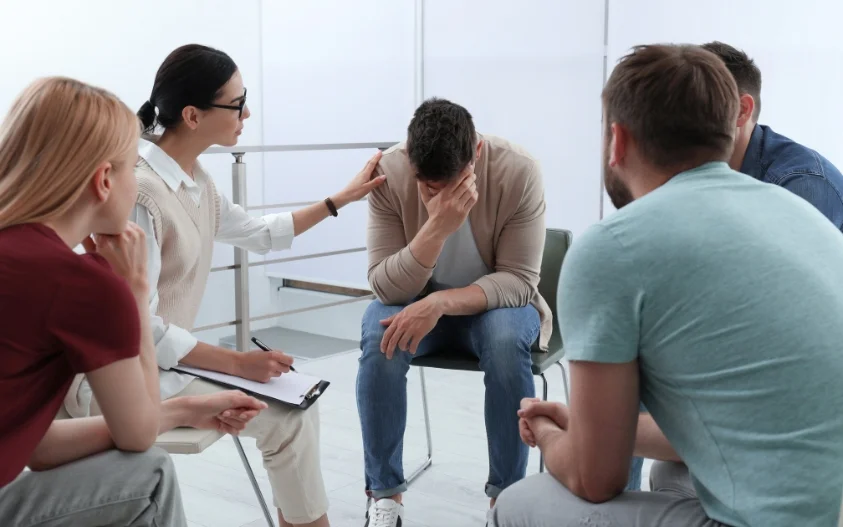





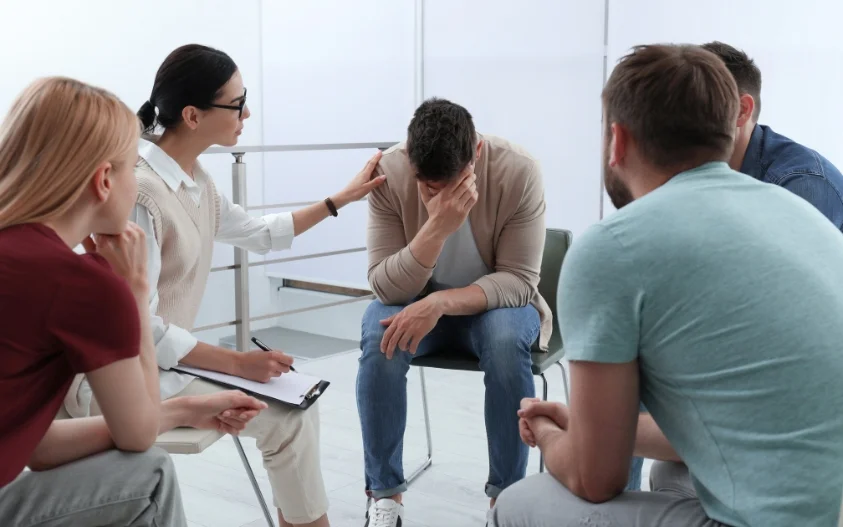













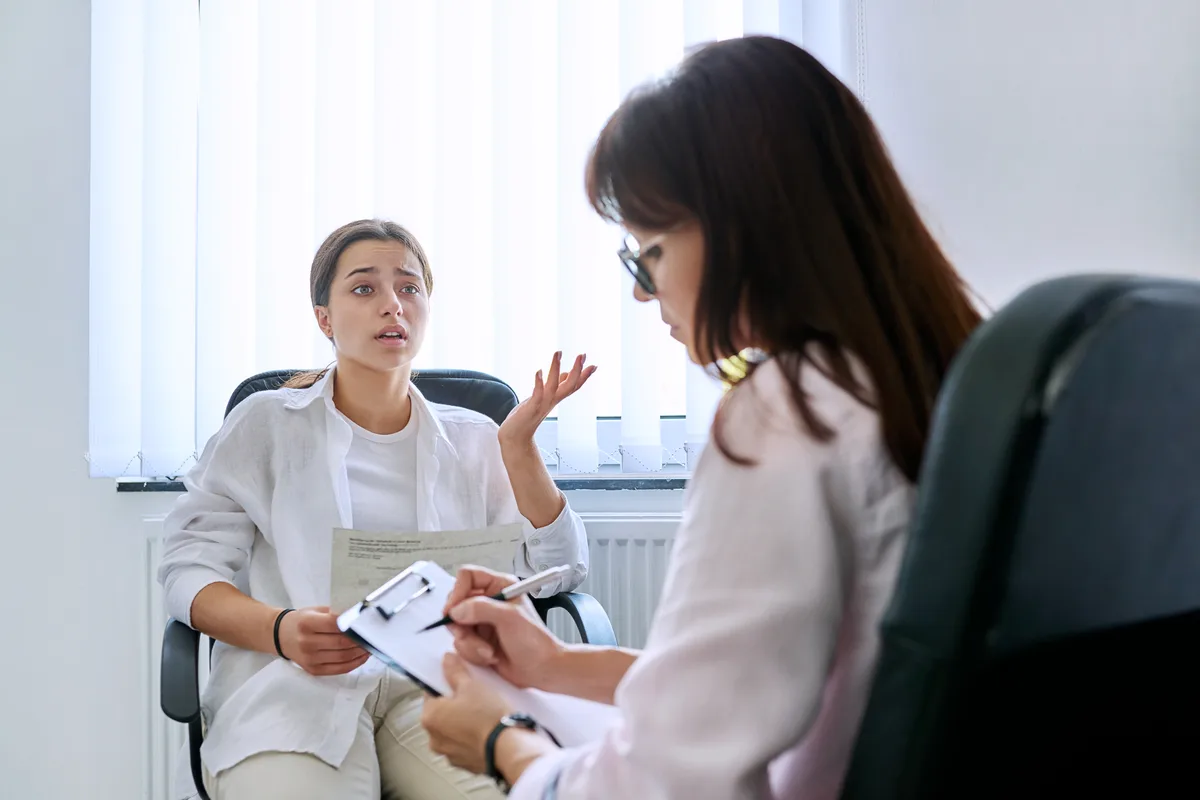
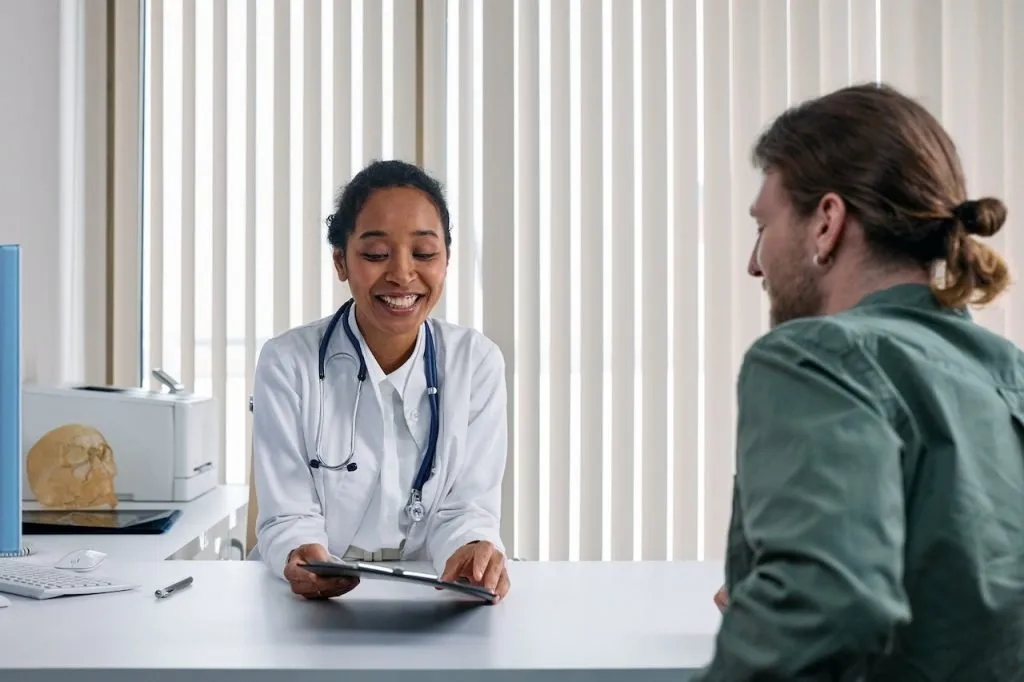



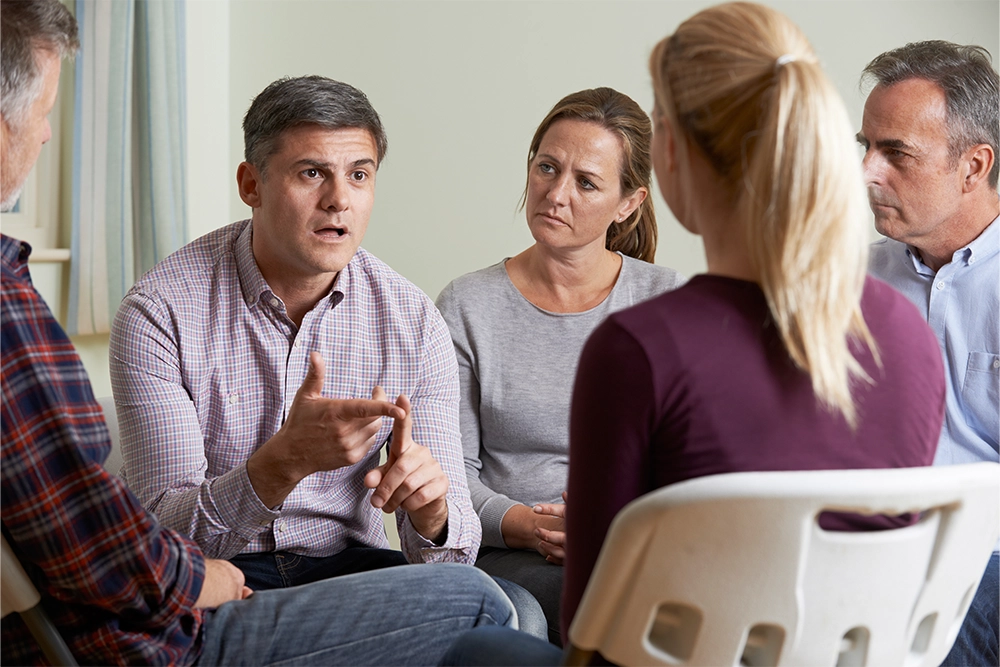


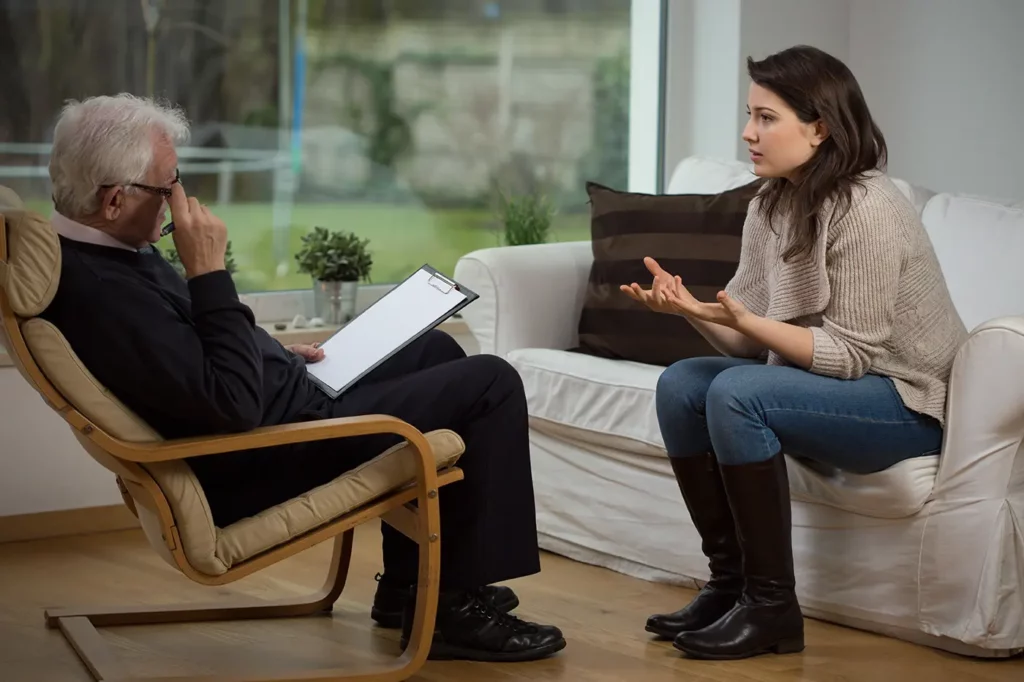





Life Changes
Life Changes offers a variety of programs including EAP Services, DWI Assessments & Treatment, and S...




















